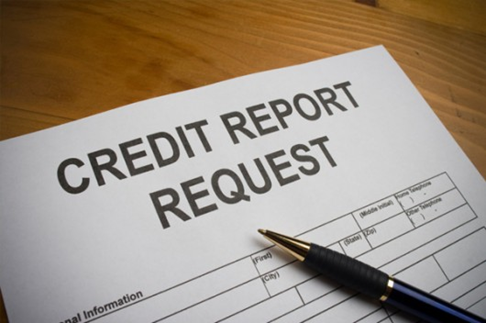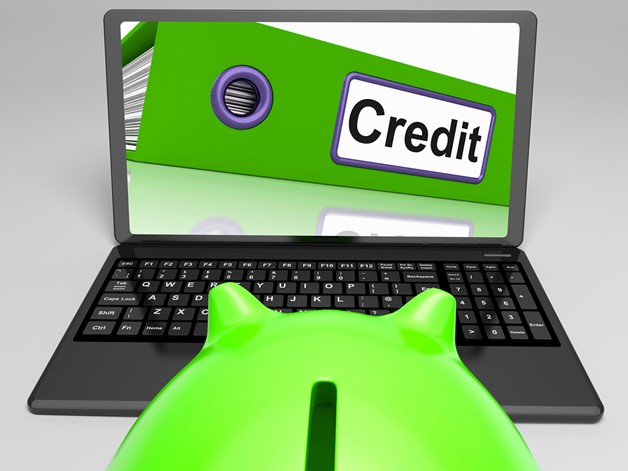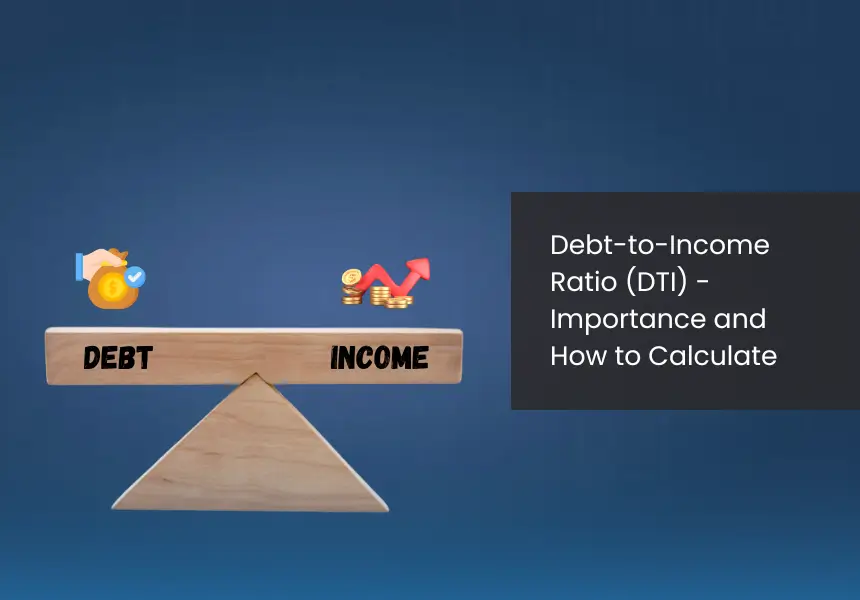
There are many advantages of a high credit score – easy and quick loan approvals, low interest rates, edge in job applications, etc. However, you can’t expect to achieve a high score overnight. To make it to the top bracket (CIBIL scores ranging between 750-900) you have to inculcate certain habits, and learn about credit management.
Here are 8 habits that are essential for a high CIBIL score:
1) Punctuality

One of the most important habits that you need to develop if you want to achieve a good credit score is punctuality, especially with your credit card bill payments and loan EMIs. In fact, by becoming regular with your payments alone you can greatly improve your score. Your CIBIL report also looks promising to a lender when they see that you are responsible with your debt, and pay your bills on time. Nothing makes a lender more comfortable than a history of timely payments.
2) Minimum Credit Utilization
Most people don’t know about the consequences of high credit utilization. In fact, they are not entirely wrong in believing so. This is because in theory, you should be able to spend as much money you want using your credit card, as long as it is within limits. For instance, if the limit on your credit card is Rs. 1,00,000, then you should able to spend up to Rs. 1,00,000 without any penalties. However, the reality is that there are consequences if you use a lot of credit. To be more precise, if your credit utilization is more than 30% of the limit, then your credit score takes damage. Thus, it is important that you develop a habit of using your credit cards only when necessary.
3) Credit Monitoring

Checking your credit report frequently is an essential habit for a high credit score. Not only it allows you to catch potential issues and nip them in the bud before the damage takes place, but you can also increase your score by getting discrepancies and errors in the report corrected. Besides, obtaining a copy of your credit report is really simple. All you have to do is fill out a form on CIBIL’s official website, pay a small fee, and upload certain documents. Once you are done, you can receive a copy within 3 days.
4) Credit Diversity
Smart credit users know the importance of credit diversity in the calculation of credit score. You will notice that most people who have a high credit score also have a habit of using different forms of credit. For instance, if your credit history only involves credit cards, then your score can only increase so much. With one-dimensional credit history your score gets capped. The only way to go higher is to bring other credit forms in the picture. Credit cards are usually unsecured. Thus, you can either take a mortgage, or any other kind of secured loan to diversify your credit history.
5) Paying Bills in Full
A great number of banks/NBFC or lending institutions offer the facility of “minimum payment” to their credit card users. With this, if you can’t pay the full outstanding amount of a monthly credit card bill, then you can make a “minimum payment” (which is a portion of the total amount) and avoid penalties. A lot of people tend to rely heavily on “minimum-payments”, which is not actually good for credit score. Although you don’t have to pay a fine as long as you have made a “minimum payment” for a bill, you still have to pay the interest that is calculated on the remaining balance. Consistently, sticking to minimum payments can cause accumulation of high outstanding balance that translates to a high interest, and thus, low credit score. Most lenders don’t generally trust applicants who shy from paying their bills in full.
6) Keeping Important Credit Accounts Open
The length of your credit history plays a pivotal role in your credit score. Generally, the longer your credit history, the higher is your score. If you have an account, say, of a credit card that you have managed well with timely payments, then you should never close it unless you absolutely have to. You will be surprised to know how much impact such accounts have on your score. By closing even a single credible account can put your credit score at risk.
7) Saying ‘No’ to Becoming Loan Guarantors
Becoming a loan guarantor for someone can have consequences on your credit score, even if small. This is because if the person defaults on the loan then not only their CIBIL score drops, but yours as well, although it is relatively not so low. Thus, if you want a high credit score, then you must instil a habit of saying “no” to people who request you to become their loan guarantors. If the person in question is someone you can absolutely trust (if they are family, for instance) then of course, you can decide to become a loan guarantor, but otherwise you should turn down such requests at all costs.
8) Minimizing Hard Enquiries

When you request for a copy of your credit report to CIBIL then it is called a “soft enquiry”, and it doesn’t affect your credit score. However, if a bank or NBFC requests for a copy of your credit report to CIBIL then it is called a “hard enquiry”, and it affects your credit score. In fact, the more are the “hard enquiries” the more is the damage to your credit score.
One of the most common ways hard enquiries damage credit score is when people apply for a loan in multiple banks or lending institutions at the same time. Since all institutions make an enquiry when debating a loan application, it lowers the applicant’s credit score. To avoid this, you should be careful with your applications, and only apply at selected banks.
Building a high credit score requires both time and effort. However, if you are able to form any of the habits mentioned above you can see the results for sure.
Download our Instant Loan App: Google Playstore / Apple App Store








